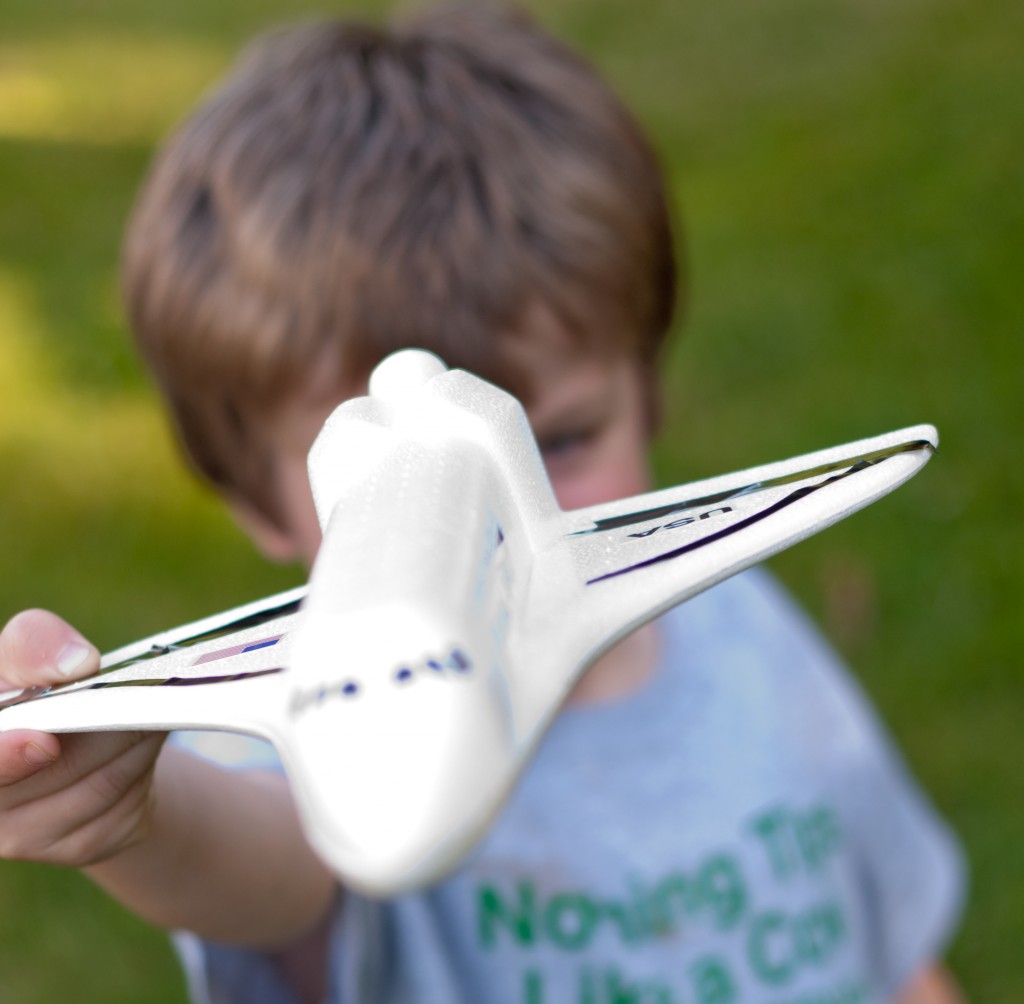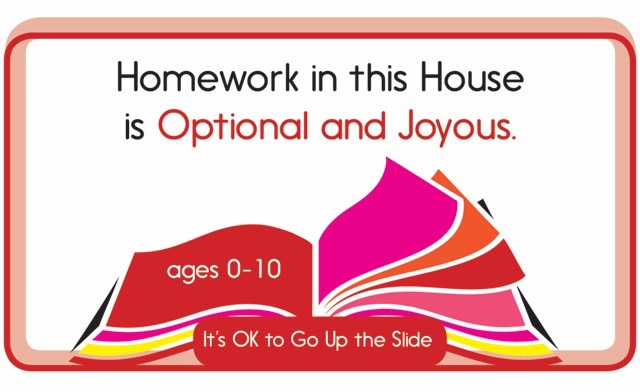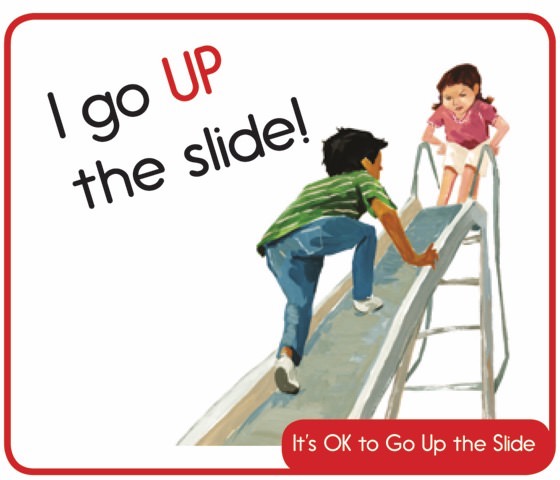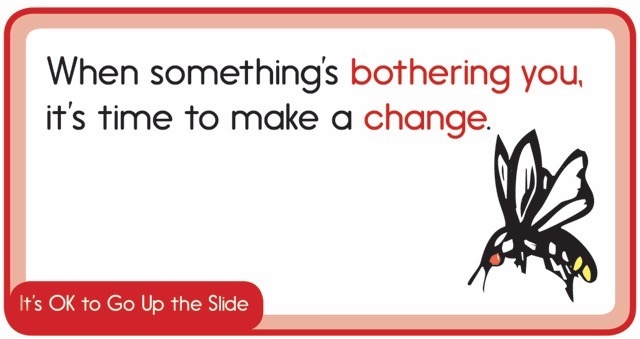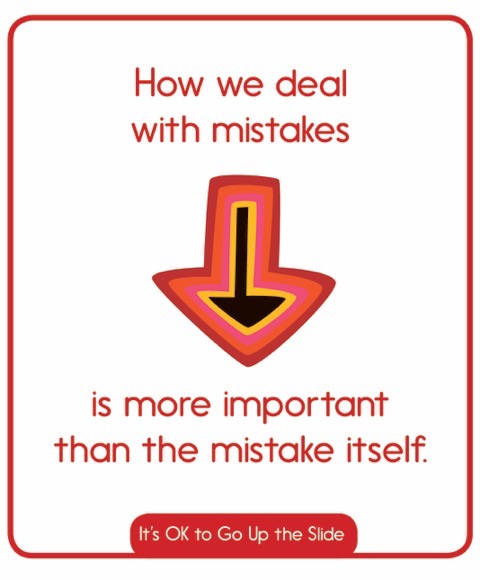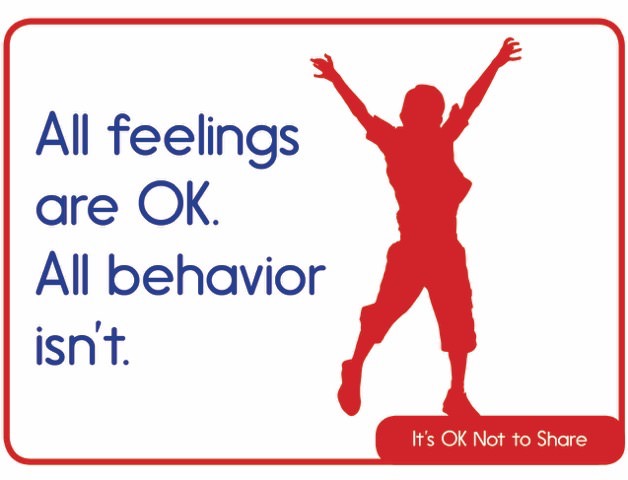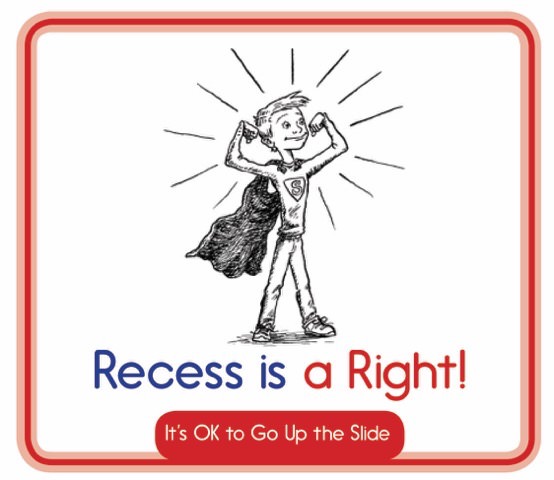The plane over the Ukraine this week shocked the world's adults. What about the children?
It can be tricky to talk about disasters in the news. Kids don't need to know about many disasters, but some events are so big every child notices. Kids see and overhear media talk and adult conversations. They may not pick up on the details and reasons, but they do pick up on the worried tones of voices around them.
If you're wondering what to tell your child about this disaster or a future one, here are some ideas.
Find out what they already know. Chances are, kids have overheard something already, on the radio, TV, or adult conversation. Start from where they are. Kids may be filled with mixed up information. If the child is young and he hasn't heard anything /doesn't seem interested, then drop it.
Go to the feeling Tell kids it's OK to feel sad or scared or angry. These big feelings are natural and normal for all people. You can say "I feel that way, too. I wish it hadn't happened."
Answer their question Don't give too much information, but be sure you answer the burning question(s) they have. Ask "What do you want to know?" Check in and make sure you've finished the topic. "Did this answer your question?"
Let them play it out Offer abundant free play time. Play is how children work through things - all things - in life. If you see a child fly a toy plane and crash it down on the living room rug, let the play unfold.
Tell the truth Keep your words age-appropriate, but tell the truth when talking about difficult subjects. A good rule to follow if you're wondering if your child can handle it: If a child is old enough to ask, she's old enough to hear an honest answer.
Focus on the helpers This is Mr. Rogers' age-old advice, and it's good. Show kids all the good people who are helping: the firefighters, the doctors, the police, the people who are donating food or opening up their homes.
Take action You can't change what happened, but you can control how you respond. Respond with care. Take control - we tend to feel most angry when we feel helpless. Take some action to help. Let your kids see you help, and ideally include your kids in the action.
Disasters are always part of the world. Children can learn that bad things and sad things happen, but there are always people who will help make the world better.
How have you see children cope with disasters in the news? What do you do when a big news story occurs? What do you worry about? Do you have any stories of how kids have risen to the occasion with wisdom or action?

